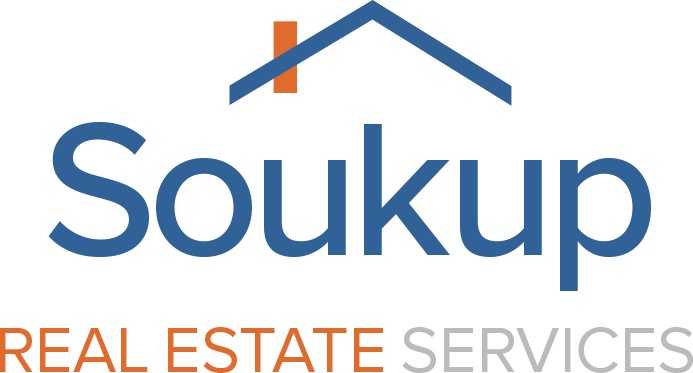We discussed the monetary implications behind buying a home in the last post. While it is quite expensive to buy a home valued at $400,000, we are generally only able to do this by the power of leverage, or financing.
Me: I want to buy this home for $400,000.
Bank: Okay, give me $20,000 and I’ll give you $380,000.
Me: Do I have to pay it back?
Bank: Yes, over 30 years, every month and I’m going to charge you 4.5% interest
Me: Deal!
Okay, so there is a lot more that goes on behind the scenes, but that’s the power of a mortgage.
When beginning a home search, beginning with financing is a great 1st step. Here are a few people/places you could reach out to and why:
Your Bank
You have a history with them. They can see your deposits and withdrawals. You will still have to provide a lot of documentation to them, but they already have a story on you. Hopefully it’s a good one.
A LOCAL Bank or Credit Union
This is another great place to research and discuss the possibility of getting a mortgage. Here, you MAY pay a little bit higher in interest rates, but HOPEFULLY you get far superior customer service than a big bank can provide you.
Don’t think though, that the smaller bank or credit union can pull strings and get you approved better than a big bank. Generally, big banks, small banks, credit unions and mortgage originators will sell your loan to an investor. Many of the guidelines of these investors (Fannie Mae/Freddie Mac) are the same, meaning the qualification standards on a 30-year fixed mortgage won’t change from one lender to another.
Mortgage Brokers
I would absolutely talk to a mortgage broker. Someone who is able to gather your information, the purchase criteria and then shop your loan around to hopefully get you the best rate/deal. These individuals are generally focused on customer service as well, so you could get a great rate and feel someone has your back and is fighting for you.
It is important though that you do not ONLY focus on the interest rates. The more important number is the Annual Percentage Rate (APR). This number takes into account discount points and other fees when it spits out its number. Meaning, you may have an interest rate of 4%, but your APR could actually be closer to 4.35% after all said and done paying discount points and fees.
Ask your potential lender about their discount points and fees. Compare, contrast, ask questions, educate yourself and make a decision that best fits you.
These are three places that you could/should start when you’ve decided to buy a home. Although the numbers and differences between institutions may be very small and seemingly negligible, look at the cost difference over the life of the loan. Once you are comfortable with the numbers, find the person/company you want to work with and start down that path. You will be working with your lender as much if not more than your realtor.
If you have any questions or would like any more information, I have great banking and lending relationships and would be happy to refer you to one of them for more information.
Thanks for reading!

